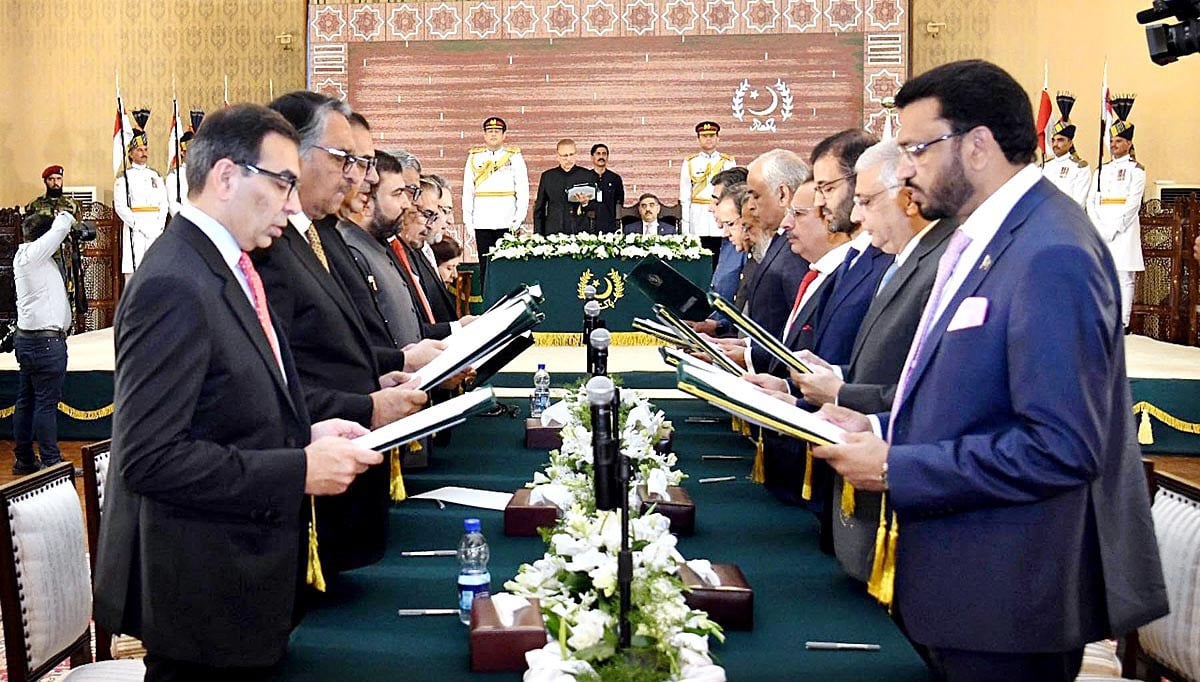
President Arif Alvi on Thursday administered oath to a 16-member caretaker cabinet under interim Prime Minister Anwaarul Haq Kakar, tasking it with running the country until fresh elections, which might be delayed beyond November as constituency boundaries were set to be redrawn.
The swearing-in ceremony, held at Aiwan-e-Sadr, was a solemn event that marked the official beginning of their responsibilities during this crucial interim period.
The caretaker cabinet's top job will be to lead Pakistan towards economic stabilisation, with the $350 billion economy treading a narrow recovery path after getting a last minute $3 billion bailout deal from the International Monetary Fund, averting a sovereign debt default.
The election commission on Thursday said that new constituencies based on the latest digital census would be finalised by Dec 14. After that, the commission would confirm an election date.
#Live: Oath taking ceremony of Caretaker Federal Cabinet underway in Islamabad @murtazasolangi #News #BreakingNews #RadioPakistanhttps://t.co/NhSzob71PU
— Radio Pakistan (@RadioPakistan) August 17, 2023
Electoral experts suggested that the process could see the nationwide vote pushed back several months, possibly until February.
Under the Constitution, elections should be held within 90 days of the dissolution of parliament's lower house, which in this case would mean early November.
In the interim cabinet, former central bank chief Shamshad Akhtar was appointed as the finance minister and former Pakistan ambassador to the United States Jalil Abbas Jilani was named the foreign minister, the new information minister, Murtaza Solangi, said.
The names of the caretaker ministers were finalised at the last minute before taking oath. Several ministers were not punctual due to which the ceremony started late. The cabinet division also did not know the names of the caretaker ministers. Even the computerised list of the caretaker ministers could not be prepared.
The staff of the cabinet division kept preparing the order by writing the name on a plain paper. The names of several ministers were being added to the list at the last minute by the staff of the Presidency.
Sarfraz Bugti took oath as the interior minister and is expected to oversee matters related to internal security and law enforcement.
Ahmed Irfan Aslam was appointed as the law minister, responsible for upholding legal matters and ensuring a smooth functioning of the legal system.
Khalil George assumed the role of human rights minister, signalling the government's commitment to protecting citizens' rights.
Read Guidelines issued for caretaker govts
Notably, Shahid Ashraf Tarar, who had served as the chairman of the Federal Public Service Commission (FPSC), resigned from his position earlier in the day to assume the role of communications minister. His move demonstrates the cabinet's focus on efficient communication channels during this transition period.
Gohar Ejaz's appointment as the minister for textiles reflects the importance of the textile industry in Pakistan's economy. Nadeem Jan's role as health minister is of particular significance amid the ongoing global health challenges.
Umer Saif, a well-known figure in the field of information technology, is expected to drive digital advancements as the IT minister.
Muhammad Ali took charge of the energy ministry, a crucial sector for the nation's growth.
Aniq Ahmed was entrusted with the ministry of religious affairs, which plays a pivotal role in ensuring harmony and religious tolerance within the country.
Apart from this, Sami Saeed has been given the portfolio of planning and development and Madad Ali Sindhi the ministry of education.
Jamal Shah will look after the Ministry of National Heritage and Culture, while Capt (retd) Shahid Ashraf Tarar took oath as the minister for communications and will strive to improve railways, postal services, ports and maritime affairs during this tenure.
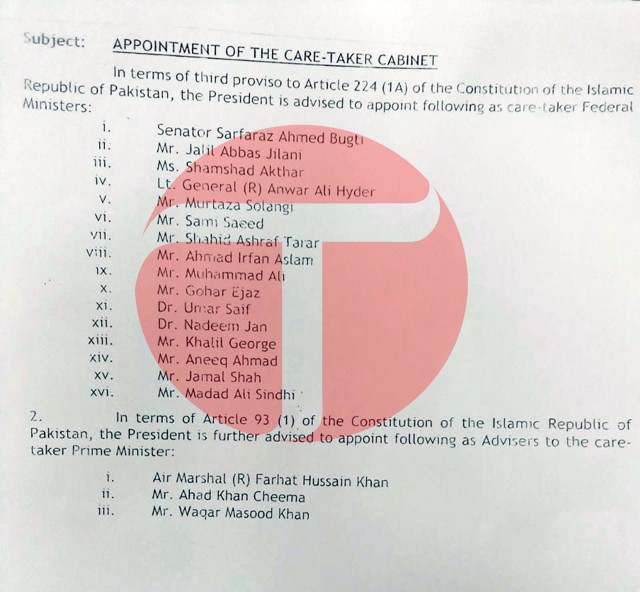
Three advisers – Air Marshal (retd) Farhat Hussain Khan, Ahad Khan Cheema and Waqar Masood Khan – were also notified.
Six special advisers to the prime minister (equivalent to minister of state) were also notified. Mushaal Hussein Mullick is now the minister of state for human rights and women empowerment; Jawad Sohrab Malik – the minister of state for overseas; Vice Admiral (retd) Iftikhar Rao – the minister of state for maritime affairs; Wasih Shah – the minister of state for tourism; Jehanzeb Khan – the minister of state for government effectiveness and Special Investment Facilitation Council; and Syeda Arifa Zehra – the minister of state for education and national harmony affairs.
Kakar was sworn in himself on Monday after President Alvi dissolved parliament last week on the advice of outgoing Prime Minister Shehbaz Sharif.
Political analysts say that if the caretaker set-up stretches beyond its constitutional tenure, a prolonged period without an elected government would allow the military to consolidate control. (With input from agencies)

1730516134-0/Diddy--Lopez-(1)1730516134-0-405x300.webp)



1725885571-0/Tribune-Pic-(9)1725885571-0-165x106.webp)

1730533347-0/Untitled-design-(85)1730533347-0-270x192.webp)
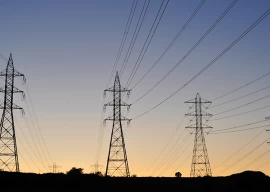

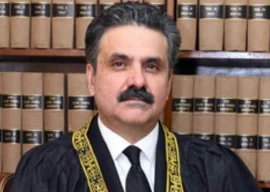

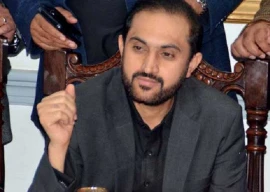

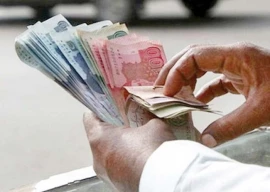







COMMENTS
Comments are moderated and generally will be posted if they are on-topic and not abusive.
For more information, please see our Comments FAQ